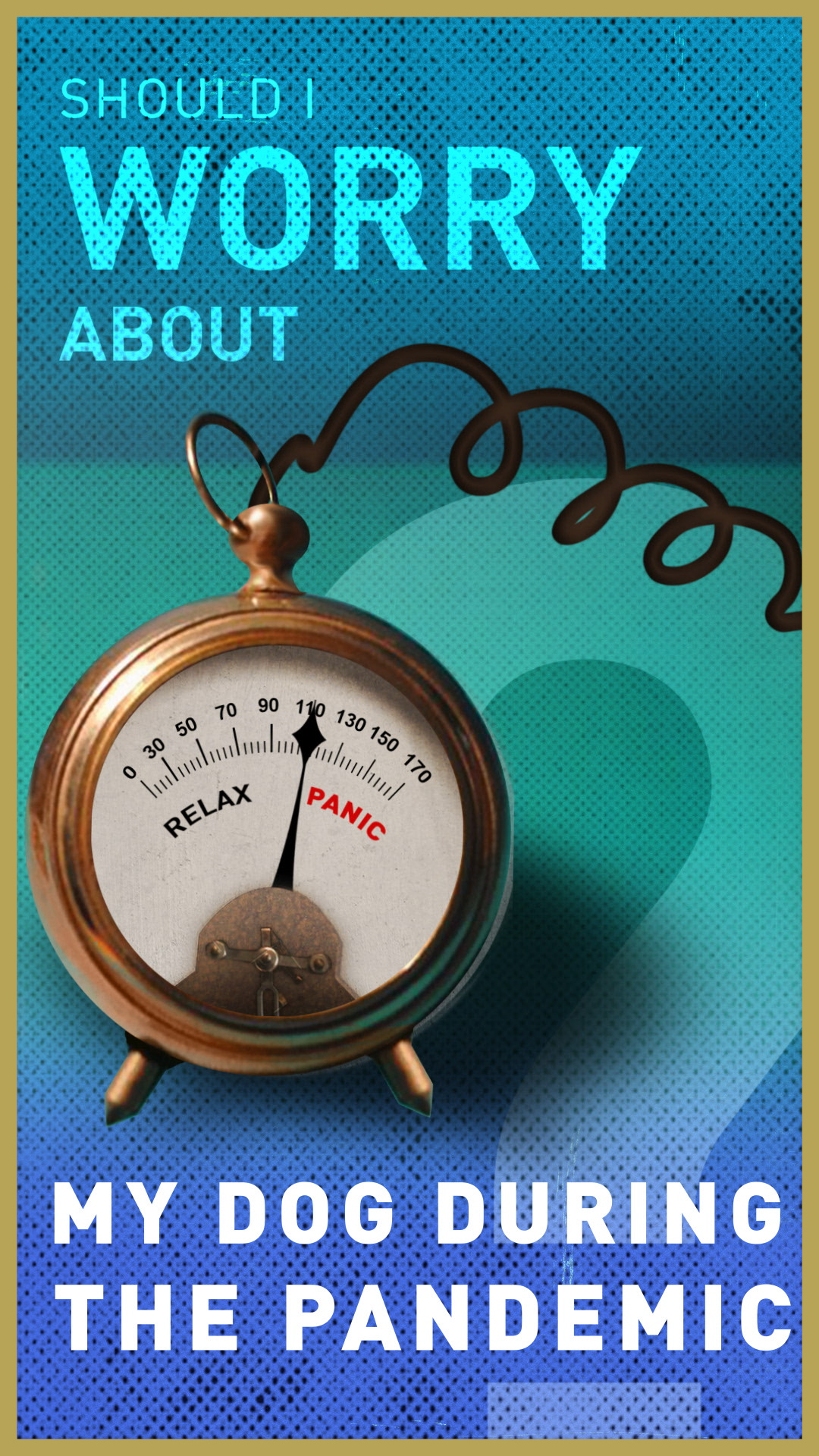03:54

What's the problem?
For many dogs in lockdown, the past couple of months has been a time spent being spoiled by their owners.
But now that lockdown is easing, they may have grown too used to our presence and our homes, causing potential disorders.
"When it comes to older dogs, one of two things is happening here," Daniella dos Santos, the president of the British Veterinary Association, tells CGTN Europe.
"Either we have dogs who quite enjoyed their time alone and are finding having family and children in the house all the time quite stressful.
"But there will be others that during this period of time have gotten used to having people around and will find it very difficult when we do go back to work."
This attachment may lead to separation anxiety.

Lockdown has given dogs and their owners quality time together... perhaps too much of it. /James Sandifer/CGTN
Lockdown has given dogs and their owners quality time together... perhaps too much of it. /James Sandifer/CGTN
Before the pandemic, a third of dog owners in the UK reported some signs of separation anxiety, according to Rachel Casey, the director of canine behaviour and training at the Dogs Trust.
This may be just a fraction of the number of cases of the disorder because by its very nature, dogs suffer separation anxiety the most when they are alone. Symptoms include barking, whining, destruction of property and even vomiting.
"From the dog's point of view, separation anxiety is extremely distressing," Casey says.
"You can imagine – if you had never been apart from other people, and then suddenly you were shut somewhere by yourself – the degree of panic and extreme anxiety you would feel. You can imagine that would be horrific."

It may be a shock for some dogs when they are left alone at home once again. /James Sandifer/CGTN
It may be a shock for some dogs when they are left alone at home once again. /James Sandifer/CGTN
What's the worst that can happen?
Another problem caused by the lockdown is the inability to socialize dogs, specifically puppies, by introducing them to other canines and humans. Social distancing has caused humans to appear wary of each other, and this transmits to the dogs, whose instinctive pack behavior can make them suspicious and fearful of the wider world.
For some of these pet owners, it is tempting to ignore this problem until the lockdown ends, when they will be able to visit dog parks and introduce their dogs to strangers.
However, according to Dos Santos, the habits learned while a dog is young may be hard to train away later in life, leading to years of aggressive behavior.
"There are situations where you may end up with a dog that isn't comfortable around other dogs," she acknowledges. "In the worst-case scenario, you may have dogs that are just not suited long-term for the environment in which they grew up.
"And they may need re-homing to a more suitable environment."

Different dogs are comfortable with different situations. /James Sandifer/CGTN
Different dogs are comfortable with different situations. /James Sandifer/CGTN
What do the experts say?
The first thing that a pet owner should do if they think their dog is exhibiting any concerning behavior is to see their vet for professional help.
Otherwise, in the case of separation anxiety, it is important to get dogs used to being alone and to a schedule, so they know what to expect after lockdown.
This can be as simple as leaving them alone in another room during the day, even if it is just 30 minutes.
Owners can also take their dogs on walks around their work schedule, or even pretend to go to work in the morning.

Taking a dog for a walk can be a pleasure – but perhaps not if it's full of fear. /James Sandifer/CGTN
Taking a dog for a walk can be a pleasure – but perhaps not if it's full of fear. /James Sandifer/CGTN
When it comes to socializing puppies, owners in lockdown have to get a little more creative. According to Casey, one thing people can do is mimic the things the dog will experience when they are older.
"We can imaginably do stuff, like getting someone to come along to ring the door-bell," she says.
"So, you just have to get people in your community to help you, like standing at a distance, so that you can teach your puppy about people without the risk of passing on the virus.
"The other things that we have to get puppies used to are also people coming in and out of the house. You can start to simulate that with members of the family just dressing up."

Dogs and puppies need to once again get used to people coming in and out of the house. /James Sandifer/CGTN
Dogs and puppies need to once again get used to people coming in and out of the house. /James Sandifer/CGTN